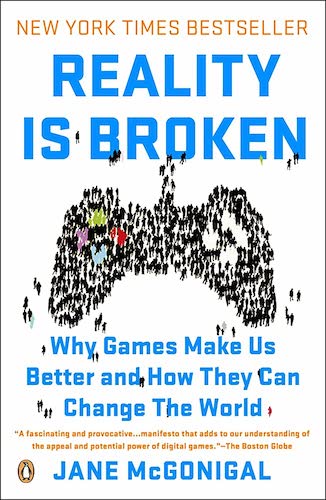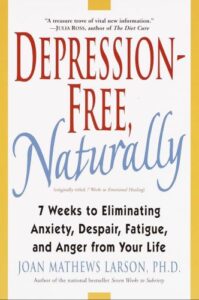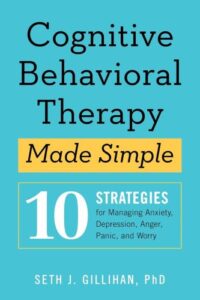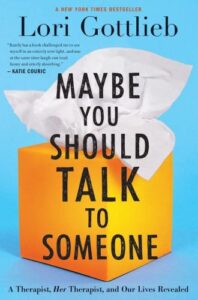Reality Is Broken: Why Games Make Us Better and How They Can Change the World
Book Author: Jane McGonigal
Summary reviewed by:
Terrence Timmons
Terrence Timmons
Analyst
Bachelor of Arts (BA), University Of California, Santa Barbara 2019
With over 4 years of experience as an analyst. Terrence Timmons is committed to analyzing summaries without compromising on quality.
Reality Is Broken: Why Games Make Us Better and How They Can Change the World: Summary
Imagine a world where playing games is not just an escape from reality but a solution to the world's biggest challenges. This is not a fantasy; it's the groundbreaking thesis of "Reality Is Broken: Why Games Make Us Better and How They Can Change the World" by Jane McGonigal. McGonigal, a renowned game designer and researcher at the Institute for the Future, leverages her extensive expertise to argue compellingly that the principles underlying game design can be harnessed to tackle real-life issues, from personal growth to global crises. Through a blend of scientific research, including psychology and neuroscience, and her professional experiences, McGonigal presents a persuasive case that games can enhance human resilience, increase happiness, and foster a more collaborative and empathetic society.
The book delves into how games fulfill basic human needs—such as the desire for success, social connection, and meaningful achievement—that are often left unmet by reality. McGonigal outlines specific strategies and principles from gaming, such as setting achievable goals, fostering social connections through collaborative challenges, and creating engaging, rewarding experiences that can be applied to personal development and problem-solving in real life. For instance, she discusses the concept of "epic wins"—achieving seemingly impossible feats through games—and how this can inspire individuals to tackle significant challenges outside of gaming with optimism and persistence.
McGonigal also provides readers with practical tools and exercises to apply gaming principles to everyday situations, encouraging a gameful mindset to overcome obstacles and achieve personal goals. The book is replete with examples of real-world applications of gaming strategies, such as the creation of alternate reality games (ARGs) to simulate complex problem-solving scenarios or using gameful design to enhance motivation and engagement in educational and professional settings.
By the end of "Reality Is Broken," readers are equipped with a unique perspective on games and practical strategies to apply the positive aspects of gaming to enhance their personal lives and contribute to solving larger societal issues. McGonigal's work is a call to action, urging readers to harness the power of games to create a more engaging, fulfilling, and gameful life.
Reality Is Broken: Why Games Make Us Better and How They Can Change the World: Genres
Non-fiction
Social Science
Game Studies
Technology
Psychology
Self-Help
Educational
Reality Is Broken: Why Games Make Us Better and How They Can Change the World: Themes
The Power of Games: McGonigal argues that games fulfill fundamental human needs and thus possess great power. An example is World of Warcraft, which fosters cooperation, rewards effort, and provides a strong sense of achievement.
Positive Stress: A central theme is that games provide a form of ‘positive stress’, creating an engaging and rewarding experience. For instance, the challenges in games like Tetris are stressful yet enjoyable, unlike many real-world stressors.
Reality and Escapism: The book explores the idea of games as a form of escapism, not from reality, but into a reality that is better structured, rewarding, and satisfying.
Gamification of Reality: McGonigal suggests that principles of game design can be applied to real-world problems, making them more engaging and manageable. She gives an example of a game she designed, SuperBetter, which helps people cope with personal difficulties and achieve their goals.
Social Impact of Games: Games, McGonigal argues, can effect social change and address global issues, as demonstrated by the game EVOKE, designed to empower young people all over the world to come up with creative solutions to social challenges.
Engagement and Motivation: McGonigal discusses how games are uniquely designed to engage and motivate players through challenges, feedback, and rewards, drawing parallels to how these elements can be applied to real-life tasks and goals.
Social Connection: The book highlights the power of games to foster social connections, collaboration, and community building, illustrating how multiplayer games create a sense of belonging and collective endeavor.
Resilience and Optimism: Through examples from various games, McGonigal shows how gaming encourages resilience and optimism, teaching players to approach problems with a mindset geared towards overcoming challenges and achieving “epic wins.”
Real-life Application of Game Principles: McGonigal provides numerous examples of how game design principles can be applied to solve real-world problems, from personal development to addressing global challenges like climate change and social inequality, demonstrating the potential of games to effect positive change.
Reality Is Broken: Why Games Make Us Better and How They Can Change the World: Methodology
In the spirit of Jane McGonigal's innovative approach, our summary of "Reality Is Broken" was meticulously designed to captivate and inform you, our reader, by weaving together expert analysis, practical application, and a deep commitment to quality and integrity. Our diverse team delved into McGonigal's exploration of games' potential to enhance human connection, resilience, and optimism, extracting pivotal insights that resonate with your interests and aspirations. We aimed to bridge the gap between theoretical knowledge and real-world action, offering you a lens through which to view games as tools for personal and societal transformation. Our rigorous review process ensures that every piece we present not only reflects the essence of McGonigal's work but also empowers you to apply these gameful principles to navigate life's challenges and opportunities with renewed enthusiasm.


Reality Is Broken: Why Games Make Us Better and How They Can Change the World
Date Published: 2010
Disclaimer: As an Amazon Associate I earn from qualifying purchases.




